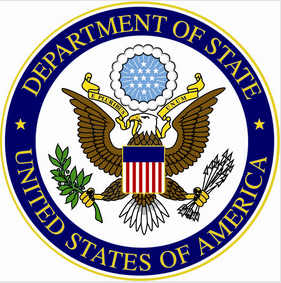Compliance
President Donald Trump Moves To Curtail Dodd-Frank Act

The US President has taken steps to roll back the most sweeping piece of regulation to be imposed on the wealth management and financial services industries since the 1930s.
(Updates with industry reaction, background.)
US President Donald Trump will order a sweeping review of the
Dodd-Frank Act rules, a White House official has said, signing an
executive action designed to roll back the most wide-reaching
financial regulatory system since the reform that followed the
Great Depression.
Trump will also halt another regulation introduced by former
President Barack Obama known as the fiduciary rule, which
requires advisors on retirement accounts to work in the best
interests of their clients. The president's order will give the
new administration time to review the change.
The president's moves are designed to outline the Trump
administration's approach to financial markets, which favors
strongly deregulation and emphasizes opening up investor options,
said the White House official, who briefed reporters on condition
of anonymity.
The Dodd-Frank Act was enacted in 2010 in response to the
financial tsunami of 2008. Designed to act as a safety net in the
event of a financial meltdown, it drastically changed the
landscape of the US financial regulatory environment and eclipses
almost every part of the US' financial services
industry.
The orders are the most aggressive steps taken by Trump to date
to lessen regulatory burden on the financial services industry
and come after he assigned numerous industry veterans to his
revamped administration. The proposals are likely to be slammed
by opposition Democrats who claim that Trump is determined to
unwind changes designed to protect the average investor through
to the global banking system.
President Trump could potentially face a backlash from some of
his own supporters, whose cynicism of large institutions and the
financial industry helped fuel the populist anger that landed him
at the helm of the White House.
A number of wealth management organizations have already changed
their charging policies in anticipation of the DoL Fiduciary Rule
coming into effect. In October last year, Morgan Stanley
said its wealth management clients can if they wish continue to
pay commissions for advisors, putting it on a different track to
rival Bank of America Merrill Lynch. Morgan Stanley said clients
can also choose the option of paying a fee based on the value of
account assets. Broker-dealers such as Morgan Stanley have argued
that the rule, while meeting certain requirements, should not
deprive clients who may remain comfortable with paying
commissions as in the past. Earlier in October last year, Bank of
America said it was getting rid of IRAs that charge investors per
transaction; instead, clients who want such an account must pay a
fee calculated on a share of their assets.
Asked about the situation last week and Trump's actions, Morgan
Stanley Wealth Management told this publication: “We will
continue to move forward with many of the initiatives we have
underway, reflecting our ongoing commitment to raising the
standard of care we provide our retirement and non-retirement
clients."